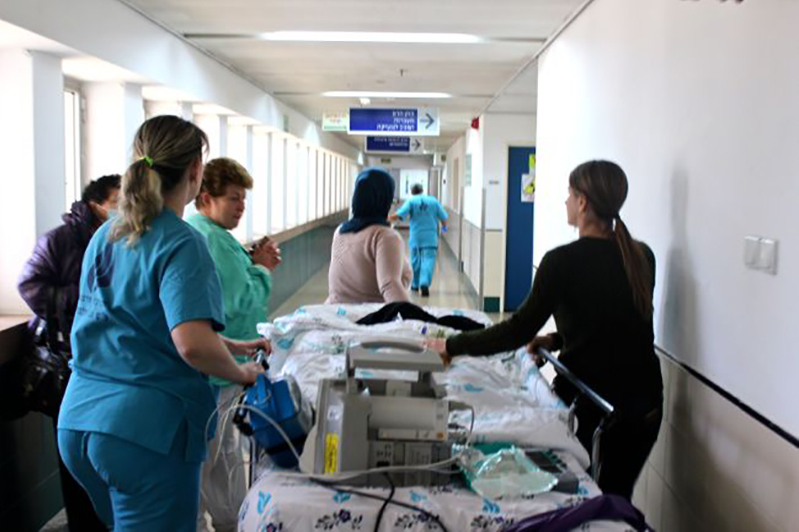
Emergency room patients needing mental health care were transferred to other facilities six times more often than patients needing other services, and they waited longer to be treated or moved, a new study found.
"This study provides data showing that ERs are the de facto dumping ground for psychiatric patients," senior author Dr. Renee Hsia told Reuters Health.
"Our goal in reporting this is to provide data to the public and policymakers so that they look at it squarely in the face and decide if it's acceptable or if it's something that needs to be changed," said Hsia, who is a professor of emergency medicine at the University of California, San Francisco.
Although one-eighth of hospital emergency visits results in mental health diagnoses, most ERs offer no psychiatric services.
"You're talking about an eighth of all your patients have this medical condition, and you're not set up to work with them. It's like not having someone to deal with chest pain in patients," said Dr. Scott Zeller, a professor at the University of California in Riverside.
Zeller, a psychiatrist who spent more than 20 years in Oakland, California running an emergency department dedicated to treating psychiatric patients, calls for change.
"We need to fund and expand services or build new ones," he said in a telephone interview. "Psychiatric emergencies are the only emergencies in the ER they don't try to treat in the ER."
The new findings, published in Health Affairs, highlight the strain on hospital emergency departments struggling to meet the needs of a swelling psychiatric patient population competing for a shrinking number of hospital beds, Hsia and her colleagues write.
Prior research found that the number of inpatient psychiatric beds dropped from about 500,000 in the 1970s to 113,569 in 2010.
Hsia, an emergency room physician at San Francisco General, a county hospital, observed a growing number of patients waiting long periods to be treated for psychiatric conditions.
She and her team examined nearly 235,000 records collected between 2002 and 2011 from a national U.S. Centers for Disease Control and Prevention hospital survey.
When they compared the longest waits for treatment among psychiatric patients to the longest waits of patients with other conditions, they found psychiatric patients who were admitted to hospitals waited up to 23 hours, almost 14 hours longer than other patients, in 2011.
In nearly every year for which the researchers examined records, psychiatric patients who were discharged or transferred waited longer than other patients.
The analysis also found that the number of adults who visited emergency rooms increased by about 30 percent from 2002 to 2011. At the same time, the number of psychiatric patient visits increased far more - by 55 percent, from 4.4 million to 6.8 million.
"There have been significant strides made in crowding in ERs in recent years, but psychiatric patients have not benefited as much as the non-psychiatric patients," Hsia said.
"It's hard to get psychiatric patients accepted to other places. There are fewer places that are able to take them," she said.
Zeller believes psychiatric patients are waiting long periods in emergency rooms because so few ERs employ practitioners who are trained to treat them.
Prior research shows that patients who wait prolonged periods for treatment are more likely to be hospitalized and to die, the authors write.
"In general, we think if the emergency room is seeing higher volumes of people, everyone should be waiting longer," lead author Dr. Jane Zhu said in a telephone interview. She is a research fellow at the University of Pennsylvania in Philadelphia.
"But our study shows that psychiatric patients wait disproportionately longer than other patients - sometimes for several hours - only to ultimately be discharged or transferred elsewhere," she said.







